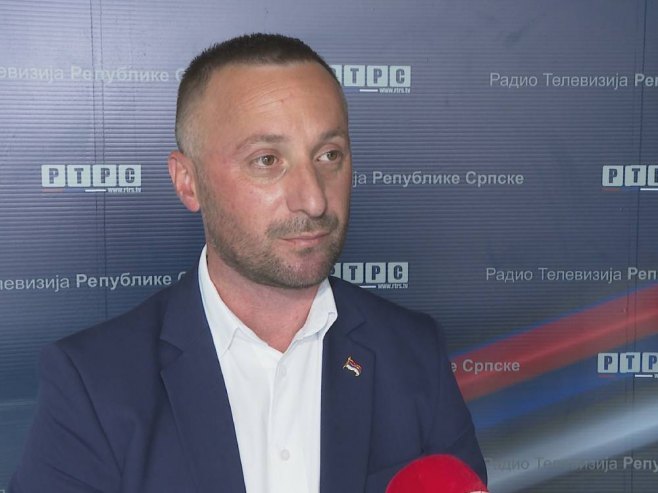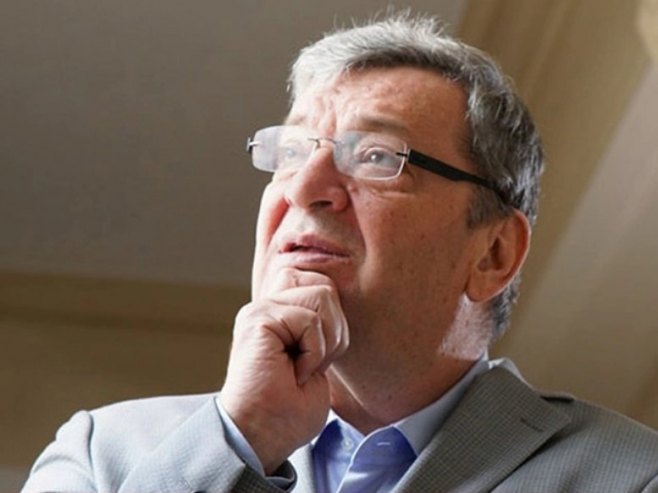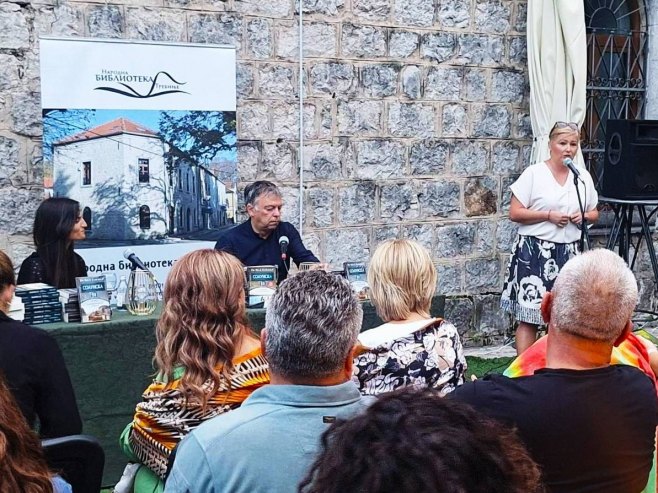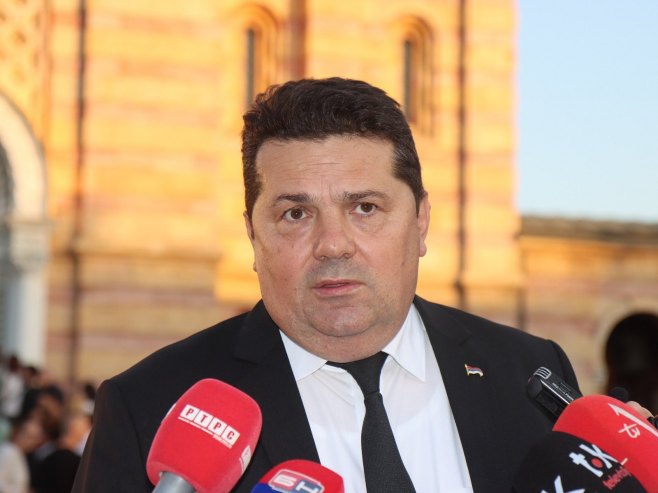Professor Dr. Predrag Peško, academic and head of the medical team that operated on the president of Republika Srpska, Milorad Dodik, in Belgrade, stated that from a medical standpoint, Dodik is unfit for travel and participation in court hearings in Sarajevo.
Dr. Peško’s full statement is as follows:
“Patient Milorad Dodik is currently recovering at home following an emergency operation due to an incarcerated hiatal hernia. He is currently on a soft diet. I have been in telephone contact with the patient, who reports symptoms such as abdominal fullness and bloating, occasional urgent evacuations and diarrhea. Additionally, the patient has the need to burp but experiences difficulty in doing so. These symptoms correspond to postoperative gastroparesis, which occurs in nearly 50% of such cases. It has been advised that the patient undergoes a surgical review at the relevant medical institution, perform a contrast radiography with water-soluble iodine contrast, and include prokinetic therapy (Gastroperidone, three times daily) alongside 40 mg of Controloc in his treatment plan.”
Below is Dr. Peško’s response to the forensic medical assessment:
- Surgical context:
The forensic expert states that Mr. Dodik underwent laparoscopic surgery for a hiatal hernia repair. However, it was overlooked that this was an acute case involving incarcerated gastric tissue, presenting symptoms like dyspnea, hematemesis, and severe upper epigastric pain—symptoms rarely seen in elective cases. Such a condition is life-threatening, with significantly higher morbidity and mortality rates compared to elective procedures. The surgery lasted nearly 180 minutes, far longer than the standard 50 minutes for elective procedures, and involved extensive mediastinal dissection due to complications such as a shortened esophagus. - Recovery period:
The expert’s claim that a 10-day recovery is typical applies only to elective cases. Postoperative recovery in cases like this, with complications such as dysphagia, bloating, and diarrhea, often takes months. Following an emergency procedure for an incarcerated hiatal hernia, recovery is significantly prolonged. - Travel Limitations:
The forensic expert claims there are no travel restrictions for Mr. Dodik. However, this is incorrect. The patient’s scoliosis exacerbates his condition, increasing intra-abdominal pressure, which risks early recurrence of the hernia—a complication with a 10% recurrence rate in emergency cases, compared to less than 1% in elective cases. - Court attendance:
The claim that Mr. Dodik can travel repeatedly between Banja Luka and Sarajevo is unfounded. Prolonged sitting required for such travel poses a direct threat to his health and increases the likelihood of complications, including early recurrence. - Fitness for Court hearings:
Attendance at court hearings would involve prolonged sitting, which is medically inadvisable. I believe Mr. Dodik is partially incapacitated and faces clear medical impediments to court attendance. - Conclusion:
Based on extensive literature and professional experience, I conclude that Mr. Dodik is medically unfit for travel and court attendance in Sarajevo. Forcing him to do so could jeopardize his health and life.
Background context:
Forensic medical expert Haris Vranić, appointed by the Court of BiH, issued an opinion that Dodik is fit to continue his trial. Based on Vranić’s assessment, the Court scheduled the next hearing for Wednesday, December 25, against Dodik and Miloš Lukić, acting director of the Official Gazette of Republika Srpska. The charges involve “non-compliance with the decisions of Christian Schmidt.”
Source: RTRS









